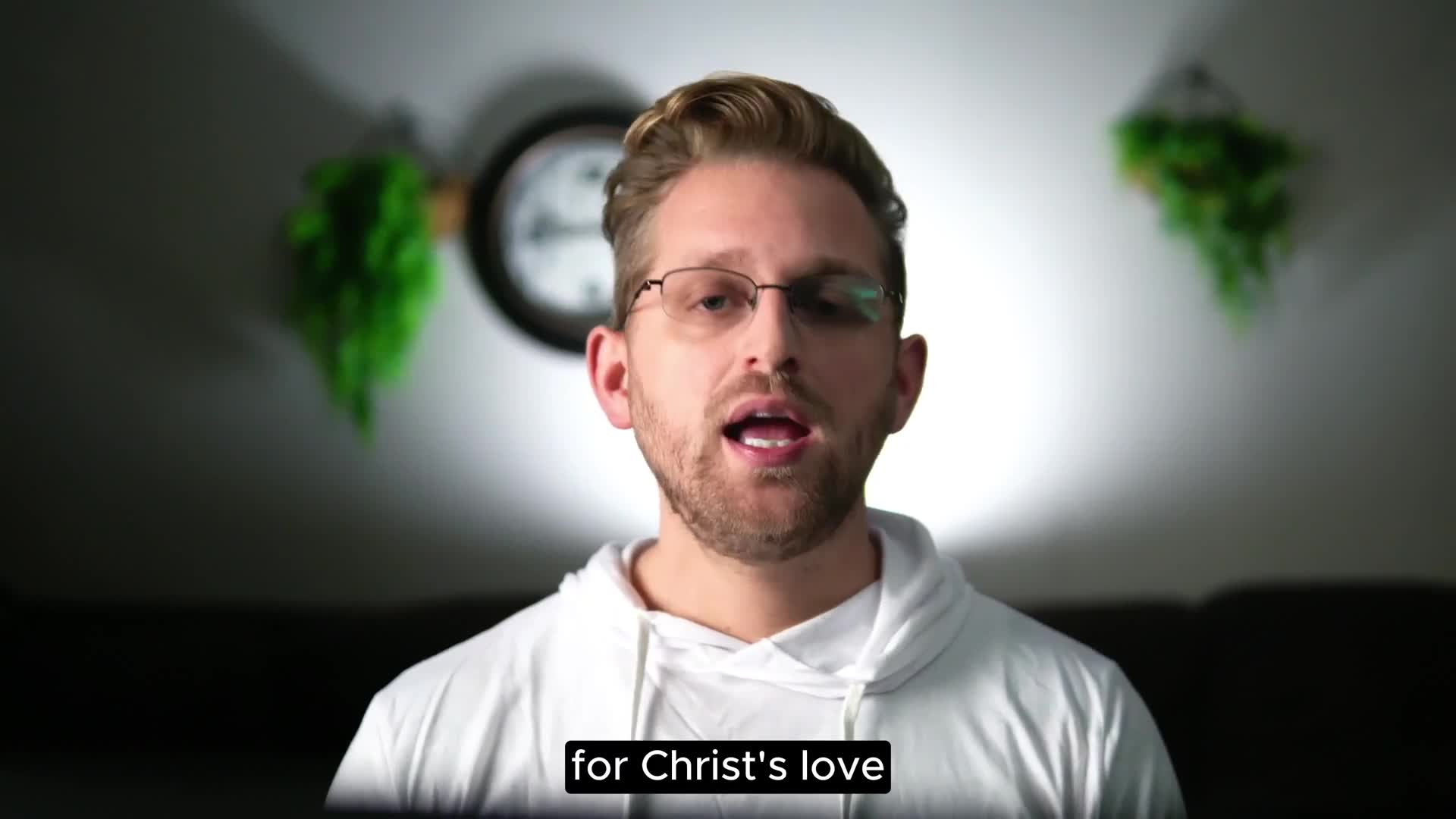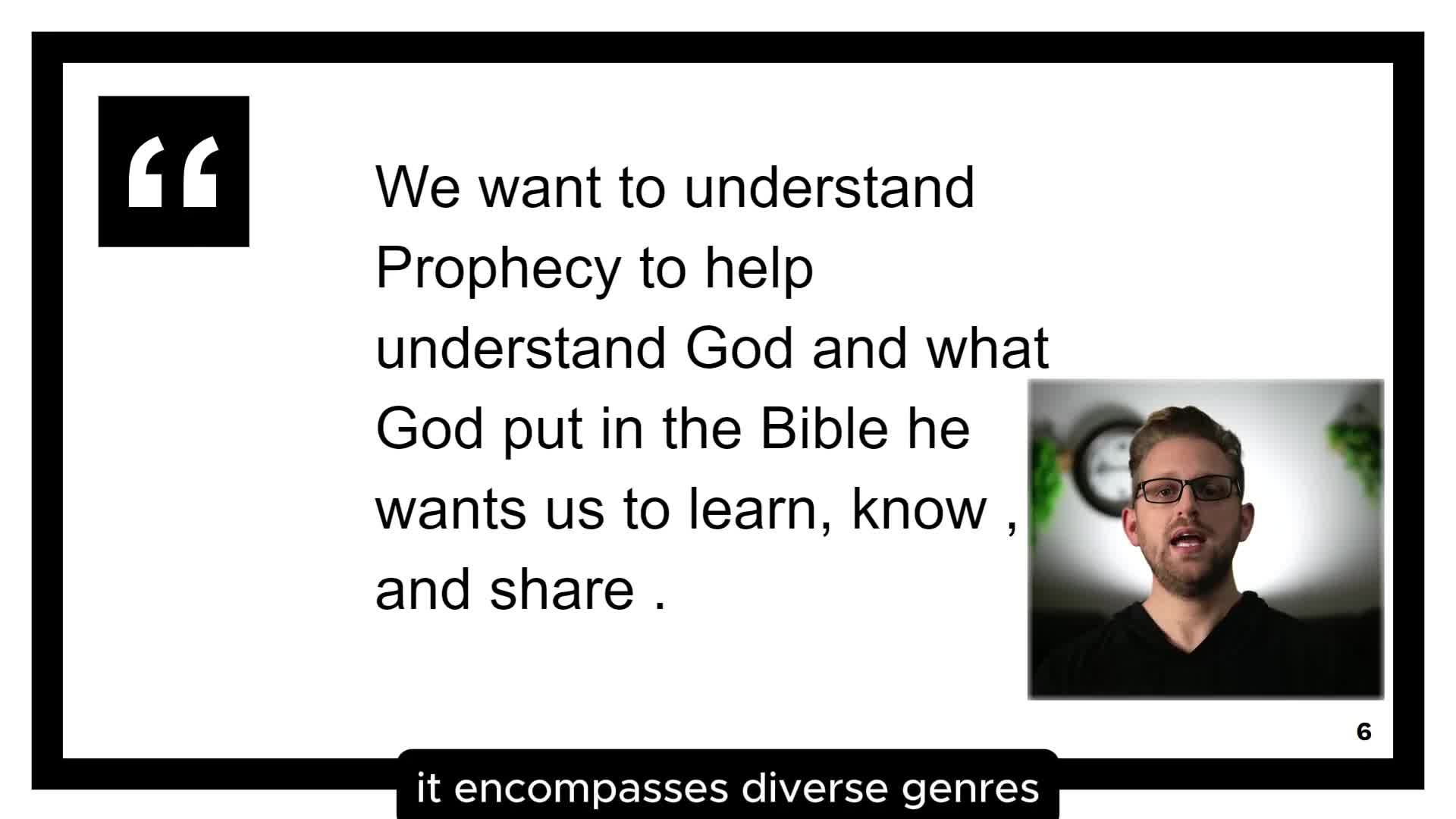Understanding Evil
The problem of evil is a philosophical and theological challenge that has perplexed humanity for centuries. It addresses the apparent contradiction between the existence of evil and the belief in a benevolent and all-powerful God.
How can an all-loving and all-powerful God allow the existence of evil and suffering in the world?
In response to this, theodicy seeks to provide explanations and justifications for the presence of evil. Theodicy attempts to reconcile the existence of evil with the belief in a good and mighty God. By exploring this topic, we can better understand the nature of God, the human experience, and the ways in which evil can be understood within a religious framework.
The Problem of Evil
Lets first define Theodicy: Theodicy is a theological concept that attempts to justify God in the face of evil. It is also defined as the defense of God's goodness and omnipotence in the face of evil.
The problem of evil arises from the observation that evil and suffering exist in the world, despite the existence of a supposedly loving and omnipotent God. It questions why a benevolent God would permit such pain and injustice to occur. This dilemma challenges our understanding of God's attributes and raises doubts about His existence, goodness, or power. In states in James 1:2-4 - "Consider it pure joy, my brothers and sisters, whenever you face trials of many kinds, because you know that the testing of your faith produces perseverance."
However, it is important to note that evil and suffering are not necessarily evidence against God's existence or goodness. The presence of evil could be attributed to human free will, natural disasters, or the consequences of living in a fallen world. Understanding the problem of evil requires exploring different perspectives and theological explanations.
Show Transcripts



